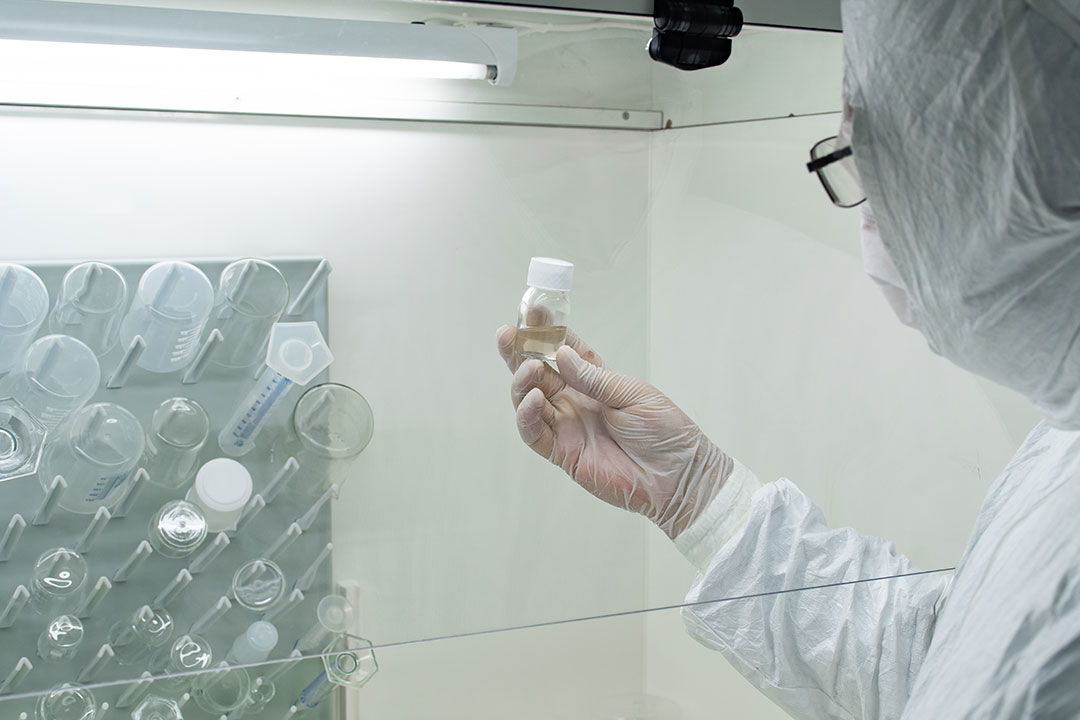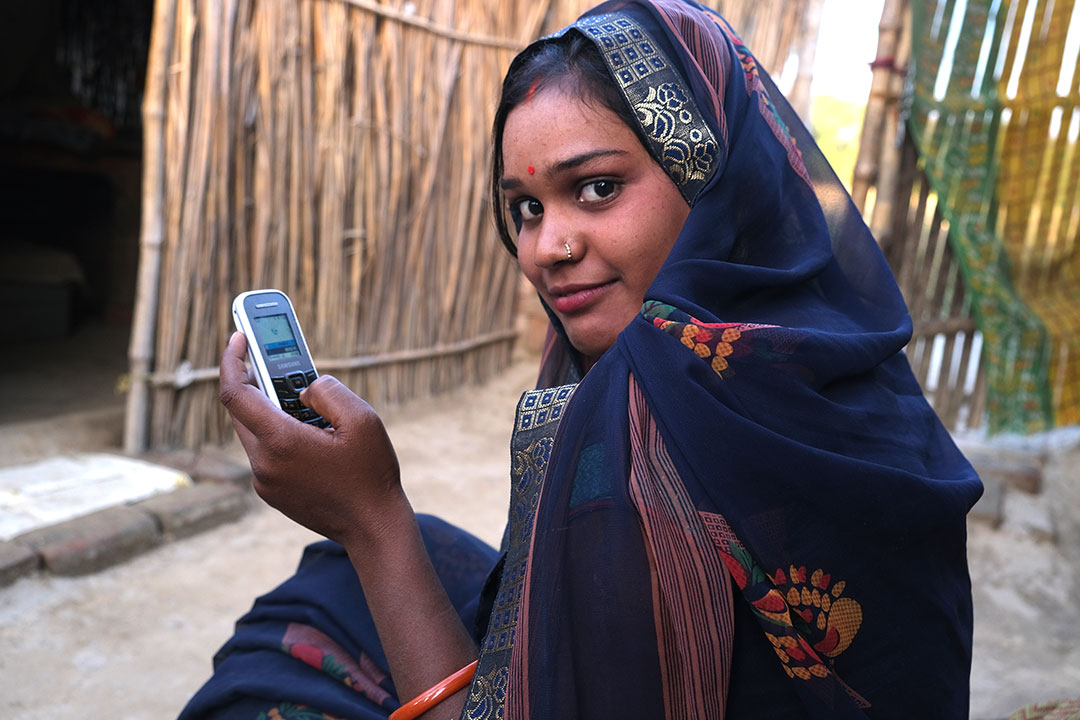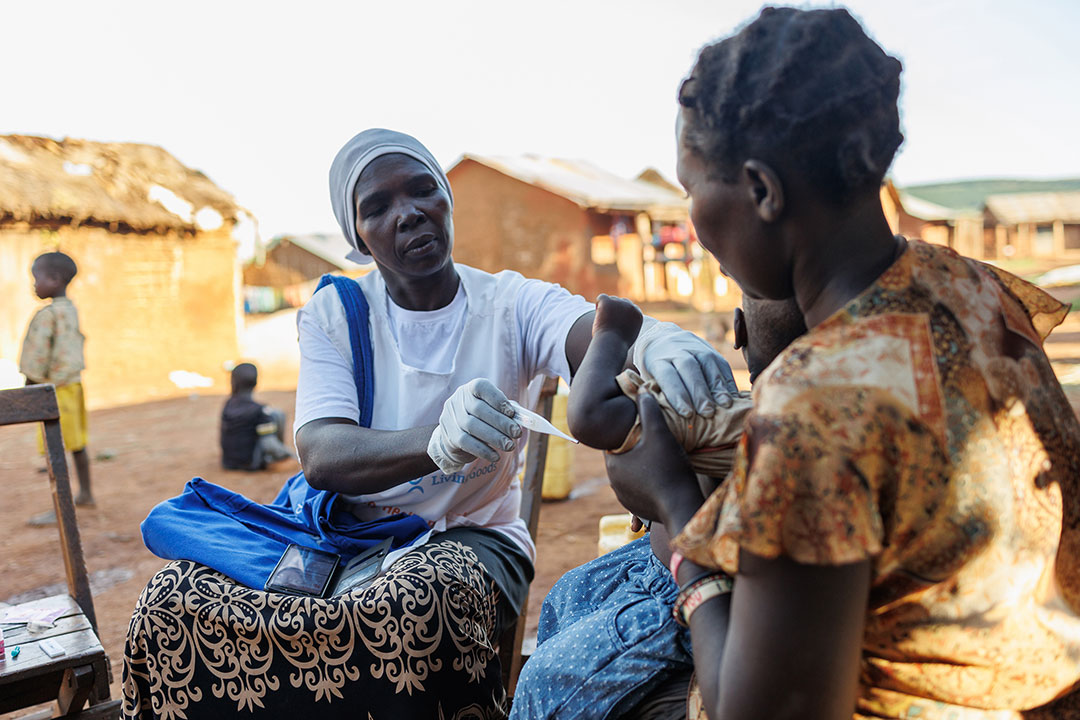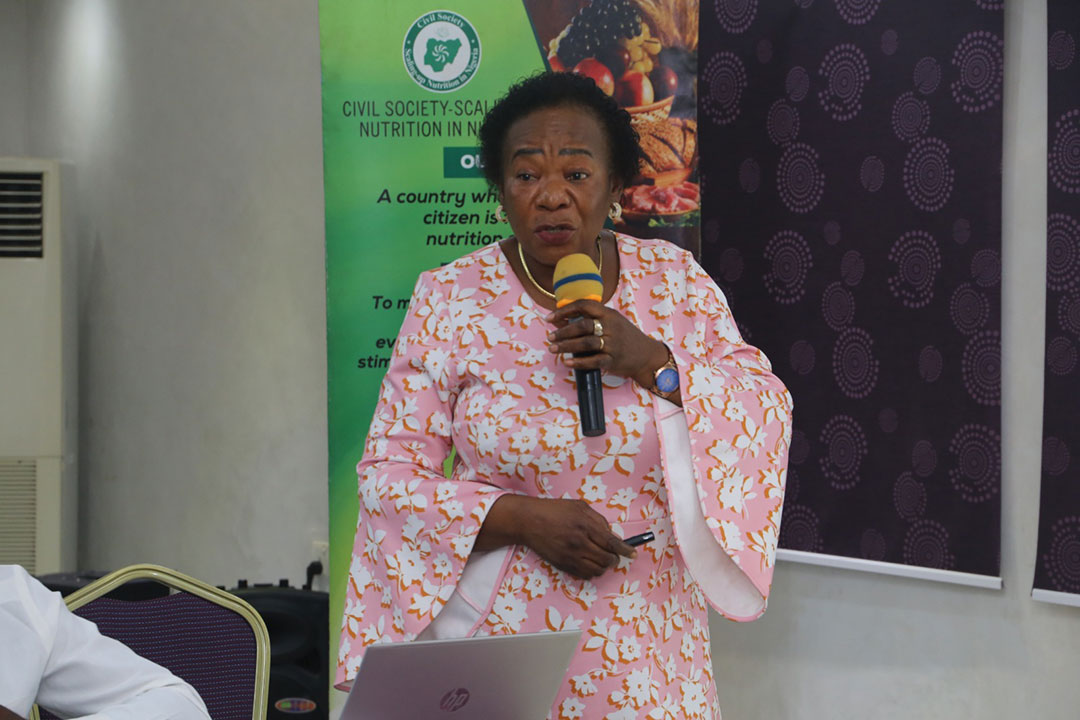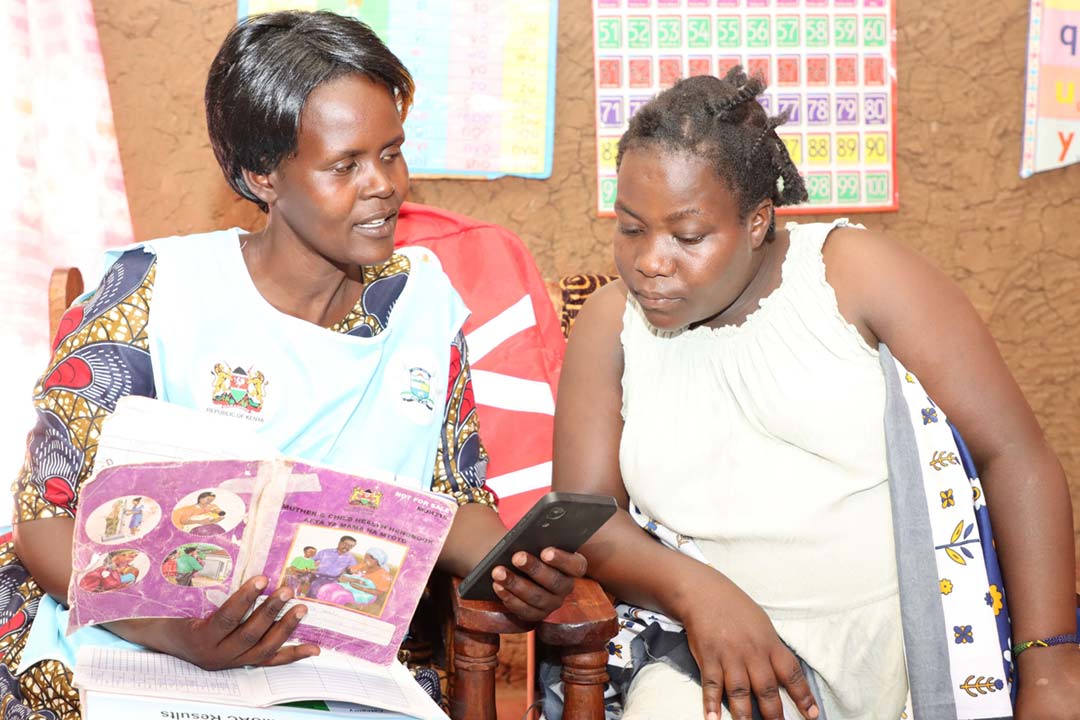APR 2021: Recognising country commitment
Prof José Manuel Barroso, Chair of the Gavi Board, reflects on the achievements of lower-income countries during the pandemic.
- 29 September 2022
- 3 min read
- by José Manuel Barroso

When I joined Gavi in January 2021, it was at a time when the Vaccine Alliance was contemplating the most ambitious period in its history: to reach a record 300 million children in 57 countries with life-saving vaccines over five years, as part of a drive to protect more children in communities that had not yet been reached. This would have been a daunting task even before the biggest economic and social crisis in a lifetime: the COVID-19 pandemic.
From cold chain storage to digital tools, immunisation at scale would not be possible without private sector innovation, venture capital and an unrelenting belief that we can do better, and be more efficient, in our efforts to reach everyone with immunisation.
Reflecting on the spectrum of challenges that Gavi-supported countries faced in 2021, we recognise and celebrate their commitment to immunisation: most countries maintained or increased domestic resources for Gavi-supported vaccines in 2021, contributing a record US$ 161 million in co-financing. Excluding six countries that were granted an exceptional COVID-19 co-financing waiver, 100% of countries fully met their 2021 co-financing obligation – a remarkable achievement.
What particularly impressed me as I prepared to take up the mantle of my predecessor, Dr Ngozi Okonjo-Iweala, was Gavi’s commitment to supporting implementing countries on a path to self-reliance – notably through the strengthening of their health systems. By expanding access to routine immunisation, Gavi and its partners are helping to create stronger and more resilient primary health care – with a laser focus on “zero-dose” children and missed communities who may be facing multiple deprivations. This work is prioritised across the Gavi portfolio, including in countries facing conflict and fragility such as Afghanistan, Somalia, Sudan, Syria and Yemen, where life-saving vaccination must continue in the face of other challenges.
Have you read?
From cold chain storage to digital tools, immunisation at scale would not be possible without private sector innovation, venture capital and an unrelenting belief that we can do better, and be more efficient, in our efforts to reach everyone with immunisation. Gavi 5.0 brings new opportunities for industry to work in partnership with governments and civil society to advance vaccine equity, innovation and regional manufacturing – especially in Africa. To build trust and confidence in vaccines. To support gender equality. And to address the inequities that divide us.
The mission of Gavi’s 2021–2025 strategic period is to save lives and protect people’s health by increasing equitable and sustainable use of vaccines. But vaccine equity isn’t only about good health and well-being. It’s about improved learning for our children. A healthier workforce means a healthier economy – and is a key component of long-term social stability.
As Gavi continues to make long-term, strategic investments in health systems in lower-income countries, we are building a stronger model for global collaboration that will have implications beyond the current pandemic, and even future ones: by bolstering routine immunisation, we are bolstering the very foundation of global health.
The road ahead of us is long, and the road to the last mile even longer, but there is no shortage of inspiration in the following pages. Those of us working in the global health community in support of vaccine equity must take our inspiration from the countries we support – and match their commitment to leaving no one behind without the life-saving power of immunisation.
More from José Manuel Barroso
Recommended for you
